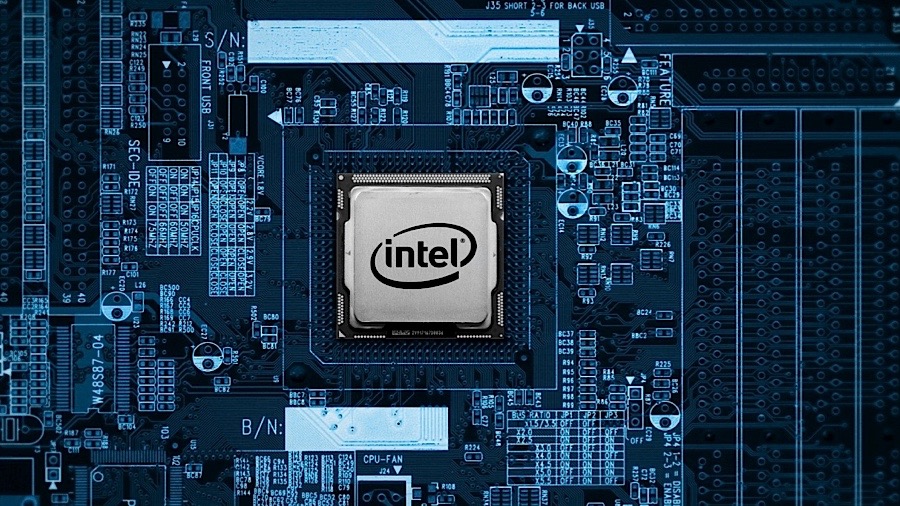Intel works on 10nm desktop processors to close gap with AMD's 7nm CPUs
Intel plays catch-up, not leap frog

AMD's Ryzen 3000 processors are champions of the desktop space right now, and that's leaving Intel in a tough spot. Despite rumors that Intel might try to catch up by skipping straight to desktop processors (CPUs) using 7-nanometer (nm) architecture, the company still has plans to bring its 10nm architecture to desktop devices, according to PC Gamer.
From the Ryzen 5 3600 at the bottom of the stack to the Ryzen 9 3900X at the top (at least as far as commercially available options), AMD's CPU offerings with its 7nm architecture are amazing blends of performance and price. And, that value has let AMD eat up Intel's market share.
That sudden shift in power dynamics in the market offered some feasibility to the rumor Intel would skip 10nm architecture for desktops in order to focus on a 7nm design that would compete directly with AMD. So far, Intel has released processors built on its 10nm Ice Lake architecture in mobile devices, but we haven't seen desktop versions available to consumers.
And, a leak from HardwareLUXX had suggested Intel wasn't satisfied with the speeds achieved by Ice Lake, and would therefore focus on 7nm for desktop processors instead. That rumor had previously been refuted by Intel to Tom's Hardware, but without clarity on just what Intel would release. Since then, PC Gamer learned from a source that Intel still fully planned to release standalone desktop CPUs.
- Intel admitted AMD was winning, but it has plans
- 7nm iPhone processors could eat into Ryzen supply
- These are the best processors
A numbers game
At a glance, it might seem like Intel skipping 10nm to focus on its 7nm architecture would make sense. After all, AMD is already there and thriving.
But, processor architectures aren't all created equal. Intel has stressed that its 10nm process node is comparable to 7nm nodes designed by other foundries. Though, we'll really have to wait and see, since AMD's 7nm desktop processors don't go head to head with Intel's current, 10nm mobile processors. Still, Intel's 7nm architecture should be a further improvement on that, assuming Intel doesn't run into some of the speed issues Ryzen 3000 CPUs have encountered.
This battle is only going to heat up (though the processors themselves may get cooler and cooler), as Intel's 7nm chip aren't coming until 2021 while AMD may be moving onto an enhanced 7nm+ Zen 3 architecture in 2020
Get daily insight, inspiration and deals in your inbox
Sign up for breaking news, reviews, opinion, top tech deals, and more.
- See Intel's 9th Gen price cuts to combat AMD
Over the last several years, Mark has been tasked as a writer, an editor, and a manager, interacting with published content from all angles. He is intimately familiar with the editorial process from the inception of an article idea, through the iterative process, past publishing, and down the road into performance analysis.
